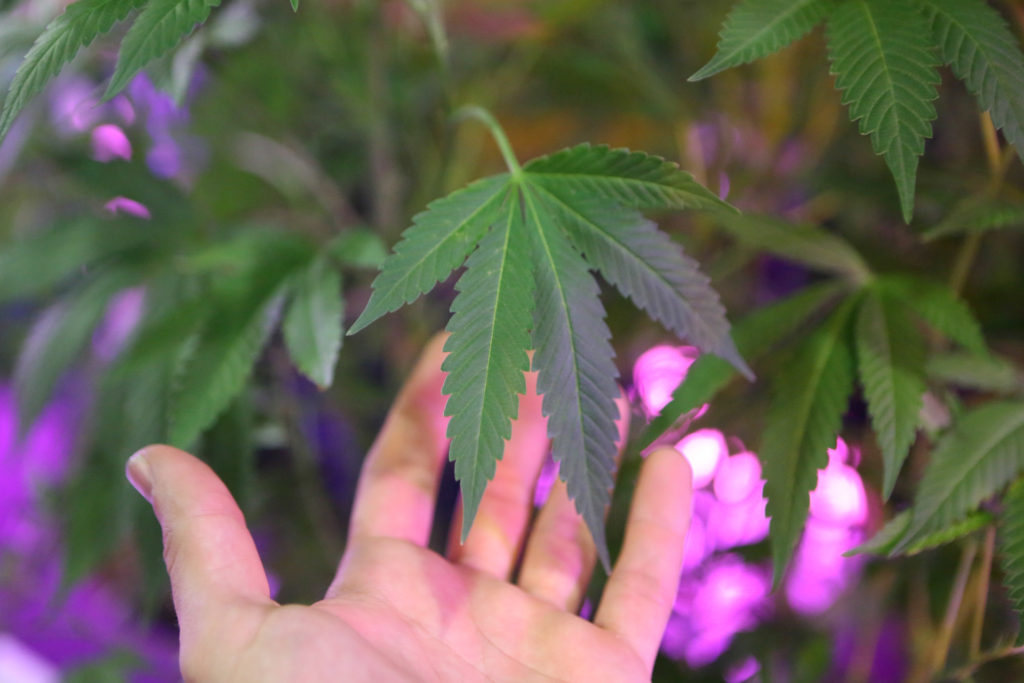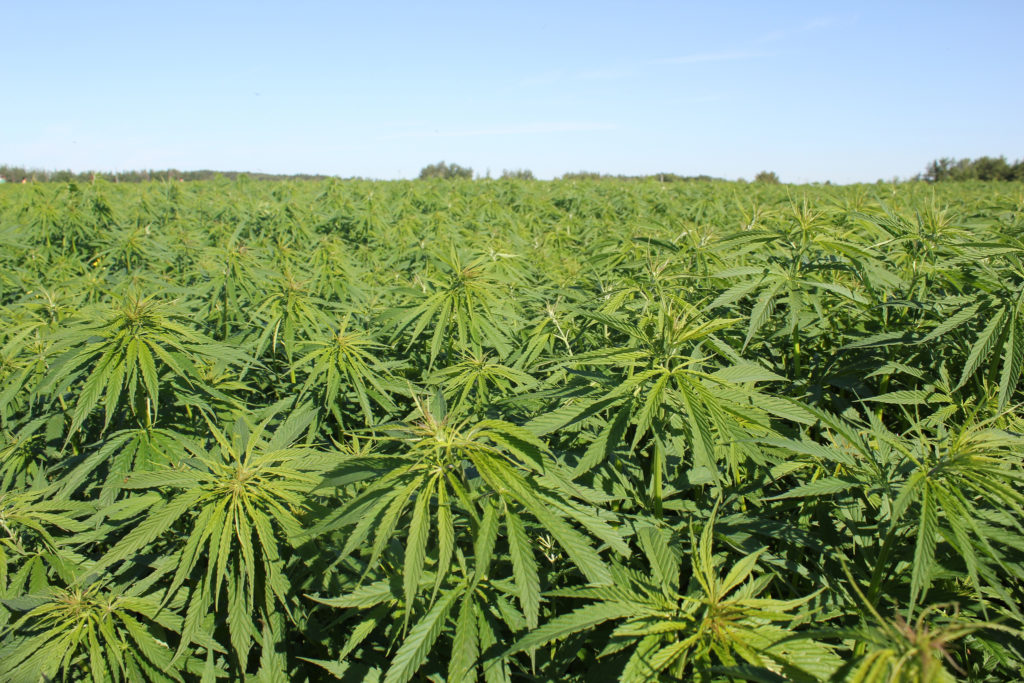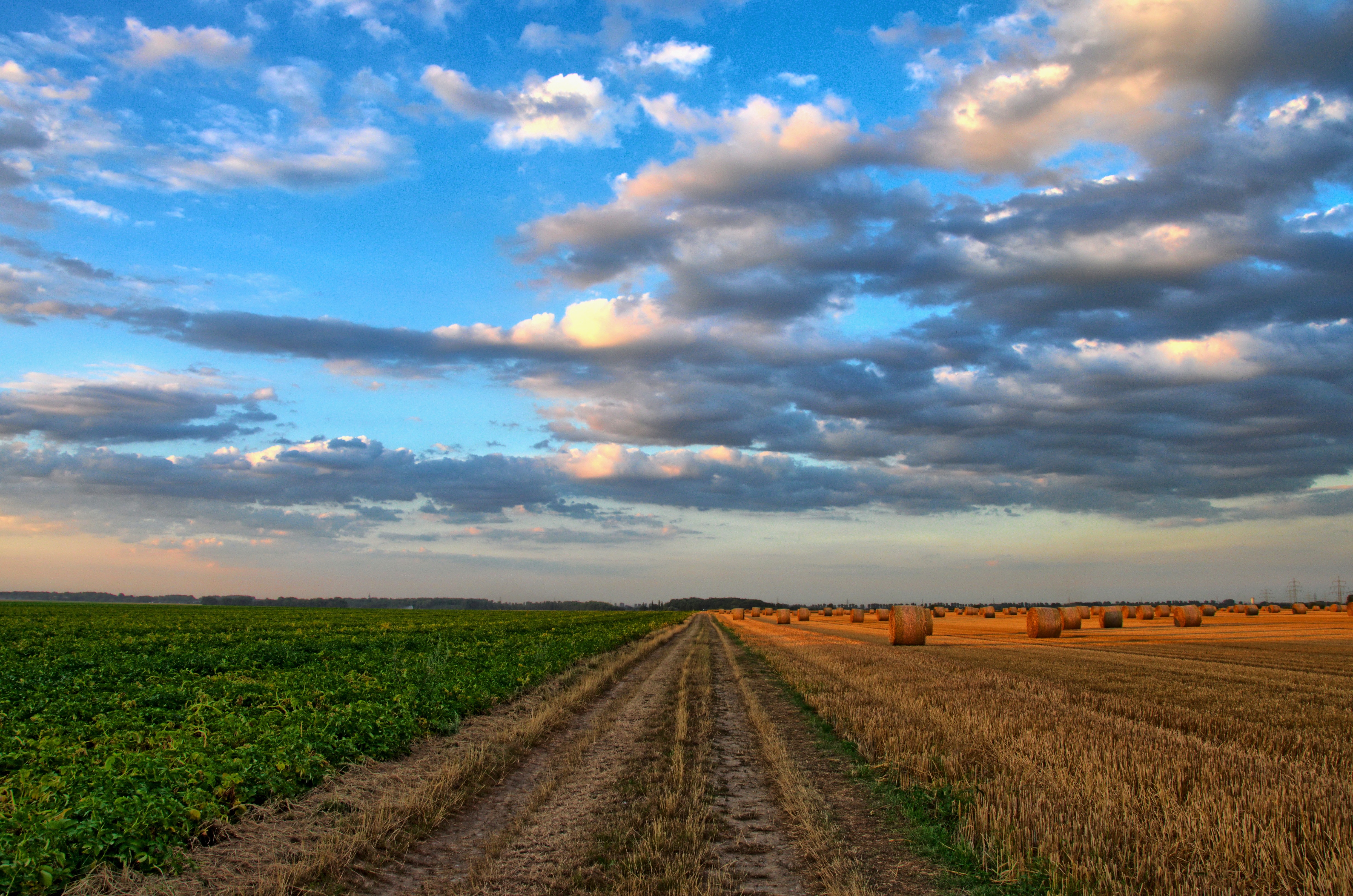Originally published at Ministry of Hemp.
We love hemp, but we’re sick of lies and inflated promises about it.
At Ministry of Hemp, we’re dedicated to spreading knowledge about hemp and hemp-based products like CBD oil. But some sites are more concerned with sales than sharing honest, scientific information about hemp.
While thousands of people have experienced the benefits of CBD, it’s not a miracle cure for every disease despite the ridiculous claims some websites make. In other cases, dishonest vendors rely on misleading labeling and inflated pricing to make their products seem more powerful than they really are.
Since there are few regulations concerning hemp and CBD, education is crucial so that consumers can make an informed decision. We hope that by explaining some of the pitfalls and risks faced by CBD and hemp producers in this article, we’ll help buyers make more better choices. While buying CBD oil can be confusing, a little knowledge goes a long way.
‘Dirty hemp paste’: Low quality CBD products threaten industry reputation
In a February 2014 blog post, cannabis activist Mickey Martin warned of a “perfect storm for fraud, corruption, and deception” in the burgeoning CBD oil industry thanks to a lack of regulation over sales.

Chris Roberts agreed with Martin in an editorial published that August by SF Weekly. Dishonest CBD vendors and multi-level marketing schemes, Roberts observed, seek to prey on the vulnerable, like sick people and their relatives, with misleading labeling and inflated claims about hemp extract’s effectiveness. He concluded,
The housewives, the newcomers, the neophytes — they don’t know. All they know is that someone is sick, and there’s maybe a glimmer of hope with something called “CBD.” That glimmer also inspires hucksters, who are making bucks off of vulnerable people in their time of need.
CBD has shown to have many benefits, from easing chronic pain to reducing epileptic seizures that resist other forms of treatment. In Ministry of Hemp articles, we always look for scientific studies that talk about the benefits, limitations, and even side effects of CBD. Unfortunately, as noted by Roberts and Martin, not all sites are so honest.
Poor quality products and misleading labelling have also been a problem for CBD buyers. After Tamar Wise quit her role as head of science for Dixie Botanicals, she unloaded her grievances about her former employer and the industry as a whole on her Facebook page in November 2013.
“Wise said CBD-based products are made from ‘crude and dirty hemp paste’ that is contaminated with microbial life, residual solvents and other toxins,” summarized Marijuana Business Daily.

From mold to toxic pesticides, impurities also found in cannabis
Just like hemp, toxins and impurities have been found in legal recreational and medicinal cannabis as well, where they’ve occasionally put the health of consumers at risk.
When NBC reporters tested cannabis sold by legal dispensaries in the southern half of California in February, they found that 93 percent showed pesticide levels above the legal maximum set by other states with legal forms of cannabis. Although California isn’t expected to set guidelines for pesticide use until the end of the year, the NBC report forced dispensaries to pull the contaminated products from their shelves.
A similar study by researchers at the University of California at Davis found mold and germs in samples of cannabis purchased at dispensaries in Northern California. The scientists began investigating the problem after reports surfaced that a cancer-patient with a compromised immune system may have died from inhaling contaminated medical marijuana. NBC also found reports of emergency room visits caused by impure cannabis.
Some pesticides can become especially dangerous when inhaled. In 2015, some dispensaries in Denver were forced to remove cannabis products contaminated with myclobutanil, a pesticide sometimes sold under the name “Eagle 20.” While relatively safe for some purposes, Eagle 20 can become cyanide gas when burned, an obvious risk for cannabis smokers and vapers.

Honest hemp growers & fewer pesticides offer better CBD options
Neither hemp nor psychoactive cannabis are inherently cleaner, or more prone to toxins than the other. But there are some differences between agricultural hemp and psychoactive cannabis that reduce some of the risks of pesticides.
Hemp is highly adaptable, with numerous varieties available that are perfect for almost any climate on earth. Hemp can be grown in dense, multi-acre plots under minimal care during growing while high-quality psychoactive cannabis grows best in a humid, highly cultivated environment. Hemp requires fewer pesticides and herbicides, especially compared to hydroponically grown cannabis.
The Farm Bill passed by Congress in 2014 legalized hemp growing in the United States for research purposes. While most hemp is still imported from overseas, the discerning consumer can now find CBD oil and other hemp products made from plants grown on American soil. Top quality CBD vendors also offer detailed lab reports on their products, so buyers always know what they’re getting.
Hemp is miraculous but quality of source matters
Hemp is a plant with many miraculous qualities that make it both a great substitute for cotton and a potential treatment for insomnia.
At the same time, just because a product is “natural” doesn’t automatically make it better or safer. With all products, but with hemp in particular, it remains up to the consumer to educate themselves about the best choices before they buy rather than believe all the claims they read online.
While this article may strike a cautionary note, we’re strong believers in the healing potential of hemp. From its potential as a replacement to paper and other everyday consumer products to the way it nourishes the body inside and out, hemp is a great gift to humanity. With a little guidance and education, consumers can make better choices, while increased awareness and progress toward full legalization of hemp should help create initiatives to establish better regulations in this burgeoning industry.
